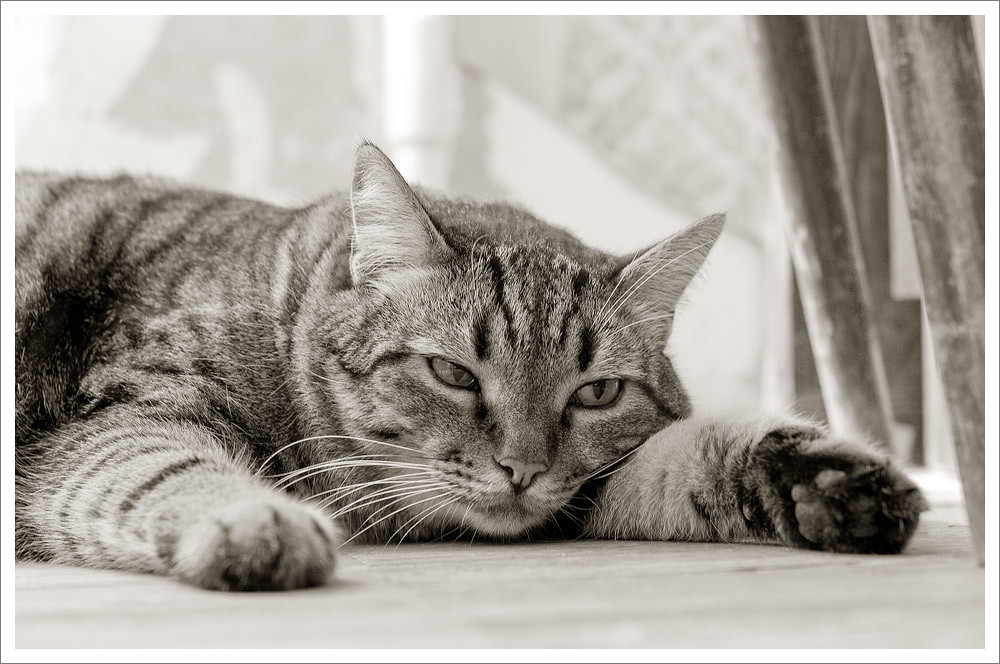Posted by Max Gottlieb on 10th Mar 2016

This is a tricky subject, mainly because every furry little feline has their own unique set of characteristics that make them who they are. Some cats naturally love to communicate verbally while others seldom make a sound. Some cats are hyper-inquisitive while others are simply less interested and would rather enjoy their own company. The key to pinpointing depression or health imbalance is first understanding the distinctive traits your cat has always displayed. The second is to simply be observant and be able to recognize when they are behaving differently than they normally would in certain contexts.
Here are 9 signs it could be the result of depression and/or a health imbalance:
- Breaking bathroom schedule and going more frequently, or less frequently
- Drinking more water than usual, or not touching their water when they normally would
- Rejecting human affection when they are usually very friendly and loving
- Not wanting to be picked up, stroked or held whatsoever out of the blue
- Turning down meals they normally love and seeming uninterested in snacks or disengaged
- Vocalizing a lot when they never really used to talk that much, this may be your kitty trying to tell you something
- Displaying unusually aggressive behavior such as biting, scratching or hissing out of nowhere
- You never notice them grooming, stretching or rolling onto their back, the simple pleasures they enjoy
- Most cats normally sleep a lot, but they may be sleeping much more than usual and lacking the typical energy and zest for life they normally display
 Loading... Please wait...
Loading... Please wait...